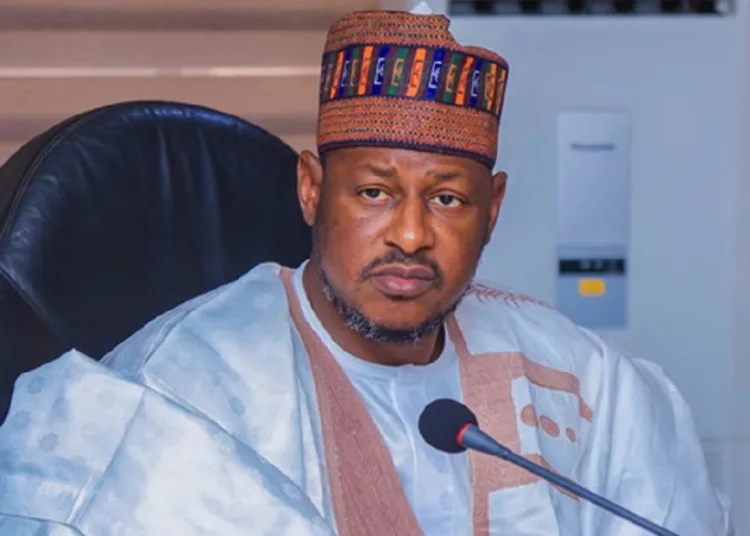The Katsina State Climate Action and Green Investment Summit, held on Wednesday in Abuja, concluded with stakeholders’ firm resolve to transform the state into a model of climate resilience and green economic development.
The summit, which brought together representatives from government, the private sector, civil society, academia, development partners, and local communities, highlighted the urgent need to address Katsina’s vulnerability to climate change impacts such as desertification, water scarcity, and erratic rainfall patterns.
The summit aligned its vision with the Paris Agreement and Nigeria’s National Climate Change Policy.
The communique at the summit’s end acknowledged that Katsina faces acute environmental threats, including soil degradation and shrinking water resources, which continue to undermine livelihoods and deepen poverty, especially in agriculture-dependent communities.
However, participants also noted that these challenges present opportunities to harness green investments in solar energy, sustainable dryland agriculture, agroforestry, eco-tourism, and waste-to-energy initiatives. These sectors were agreed to offer critical pathways for economic diversification and job creation.
The Katsina State Government is committed to finalising a comprehensive State Climate Action Plan (2025–2030), including measurable targets such as reducing carbon emissions, achieving 40% renewable energy adoption by 2030, and enhancing drought resilience. A Green Investment Fund will attract public-private partnerships and stimulate climate-smart ventures.
Private sector actors were encouraged to invest in scalable solar energy projects, intelligent irrigation systems, and sustainable value chains, particularly for crops such as millet and sorghum, essential to local food security and economic stability.
Development partners pledged to provide technical and financial assistance to support Katsina’s reforestation programs and expand rural access to clean energy.
Academics and civil society groups called for the launch of community-led research on soil conservation and advocated for inclusive policies that prioritise women’s and youth’s roles in climate initiatives.
Local communities were urged to adopt agroecological farming methods and engage in afforestation efforts to help combat desert encroachment.
The communique outlined several strategic priorities to realise the summit’s goals. These include accelerating the deployment of solar mini-grids and solar-powered irrigation, promoting drought-resistant crops, rainwater harvesting, farmer cooperatives, introducing tax incentives for green enterprises, and exploring carbon credit schemes linked to reforestation.
The calls are for upgrading the meteorological infrastructure to improve preparedness for extreme weather and mainstreaming climate literacy into schools and local cultural institutions.
The summit concluded with a collective pledge to turn commitments into tangible outcomes, with the guiding principle that no community will be left behind in the green transition.
“This Summit marks a pivotal step toward a resilient, green Katsina,” the communique stated. “The time for bold, collaborative action is now.”
Dr. Yusuf Gide, chairman of the communique drafting committee, and Alhaji Abdullahi Yar Adua, secretary, jointly signed the communique.





